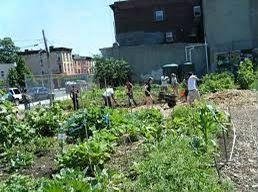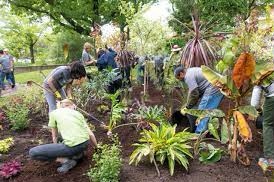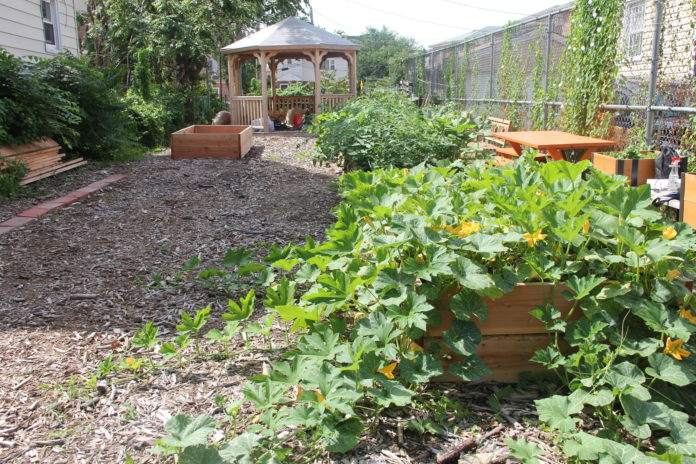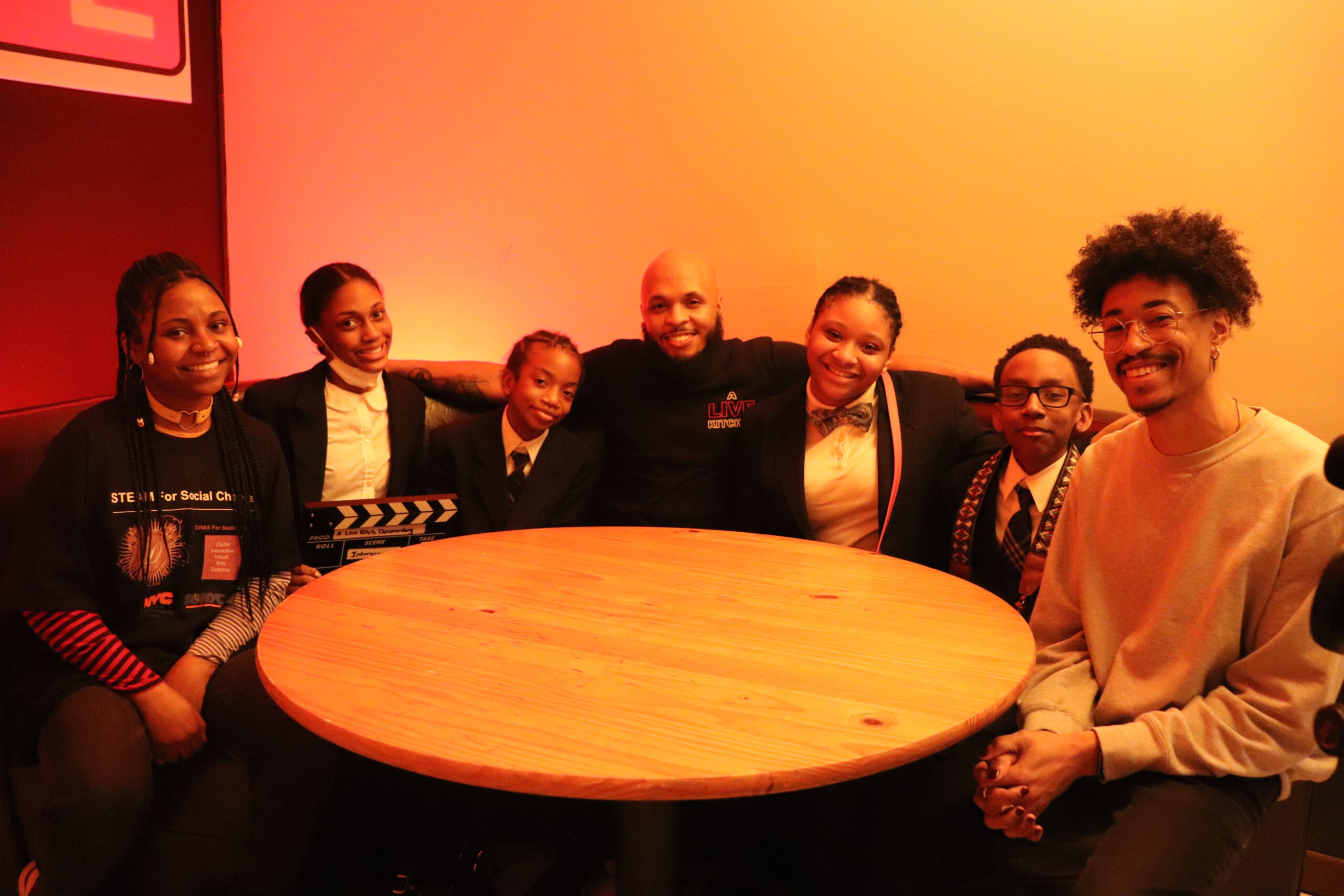After spending my Saturdays at the Garden of Resilience, I’ve accomplished and learned many things. During my time at this community garden, I’ve discovered the benefits of composting and learned about food injustice in the surrounding area, the South-Eastern part of Queens. Along with three other girls, I’ve developed an expressive multimedia project to display our work over the weeks.

Composting is nature’s way of giving back to the community. It promotes a healthy cycle of growth and healthy eating in our communities. People discard unused vegetation in a compost bin, and it turns into a natural fertilizer that helps grow even more vegetation. This cycle is especially important in communities that don’t have access to healthy food. Composting is important in communities of color because it promotes healthy eating and a cleaner environment. When community members put their unused vegetables in a community garden’s compost bin or their own, that food will be put to good use and help grow more food, rather than slowly rotting in a garbage can.

The Garden of Resilience not only provides the community of Southeast queens with compost, but also with fresh food. Some community members might not have access to fresh food, and if they do, it’s not as accessible or affordable. More community gardens in Southeast Queens would provide locals with more healthy food, at no cost.
In order to make Southeast Queens more just and fair for communities of color, dealing with food insecurity, more community gardens should be added to provide healthy free food. Additional opportunities to compost and give back to other community members should be established as well, such as community fridges and composting areas.












